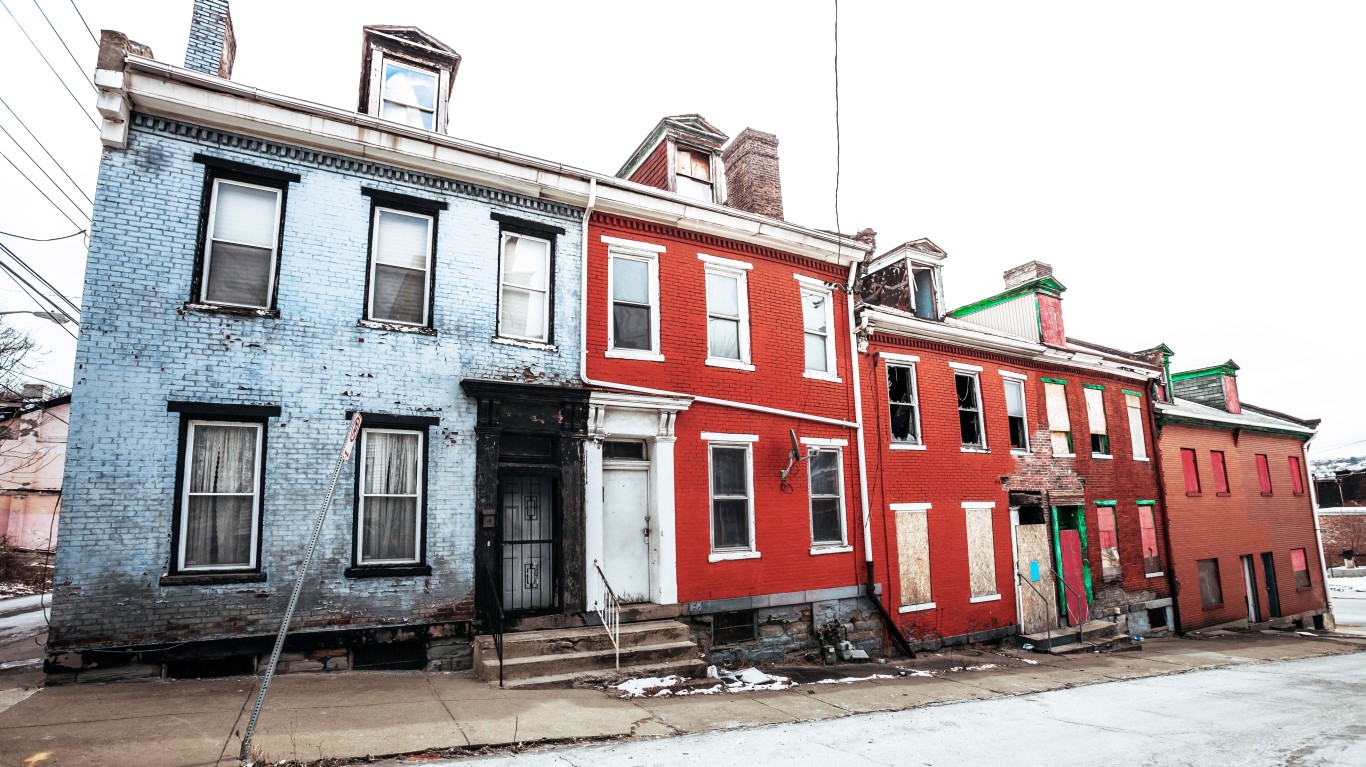 Home prices reached a double dip according to Case-Shiller. “Data through March 2011, released today by Standard & Poor’s for its S&P/Case-Shiller1 Home Price Indices, the leading measure of U.S. home prices, show that the U.S.National Home Price Index declined by 4.2% in the first quarter of 2011, after having fallen 3.6% in the fourth quarter of 2010. The National Index hit a new recession low with the first quarter’s data and posted an annual decline of 5.1% versus the first quarter of 2010. Nationally, home prices are back to their mid-2002 levels,” the firm reported.
Home prices reached a double dip according to Case-Shiller. “Data through March 2011, released today by Standard & Poor’s for its S&P/Case-Shiller1 Home Price Indices, the leading measure of U.S. home prices, show that the U.S.National Home Price Index declined by 4.2% in the first quarter of 2011, after having fallen 3.6% in the fourth quarter of 2010. The National Index hit a new recession low with the first quarter’s data and posted an annual decline of 5.1% versus the first quarter of 2010. Nationally, home prices are back to their mid-2002 levels,” the firm reported.
The markets hardest hit was Minneapolis, which was down 10% year-over-year in March. Prices were down 7.6% in Chicago, and Portland. Home prices fell 8.4% in Houston and 7.5% in Seattle, according to the Case-Shiller Composite of the 20 largest cities in the US.
The drop is almost certainly not over. The number of mortgages which are underwater is now about 20% of US home loans. These houses cannot be sold without their owners paying their banks at closing. Foreclosed homes sold by banks are nearly a quarter of the inventory in most months. These homes sell for a large discount to non-foreclosed properties.
Foreclosures have dropped a small amount in the last quarter, but this is primarily due to backlogs at financial firms caught in the robo-signing scandal. It is expected that there will be a surge of foreclosures once this issue is resolved. Experts estimate that the shadow inventory held by banks–foreclosed homes which have not come onto the market yet–at between 2 million and 3 million.
Finally, there is the issue of a slowing economy. Goldman Sachs has cut its forecast for US GDP growth twice in the last month. Weekly jobless claims filings have been above 400,000 for over a month, an indication that unemployment improvement has stalled.
Douglas A. McIntyre
Essential Tips for Investing: Sponsored
A financial advisor can help you understand the advantages and disadvantages of investment properties. Finding a qualified financial advisor doesn’t have to be hard. SmartAsset’s free tool matches you with up to three financial advisors who serve your area, and you can interview your advisor matches at no cost to decide which one is right for you. If you’re ready to find an advisor who can help you achieve your financial goals, get started now.
Investing in real estate can diversify your portfolio. But expanding your horizons may add additional costs. If you’re an investor looking to minimize expenses, consider checking out online brokerages. They often offer low investment fees, helping you maximize your profit.
Thank you for reading! Have some feedback for us?
Contact the 24/7 Wall St. editorial team.




